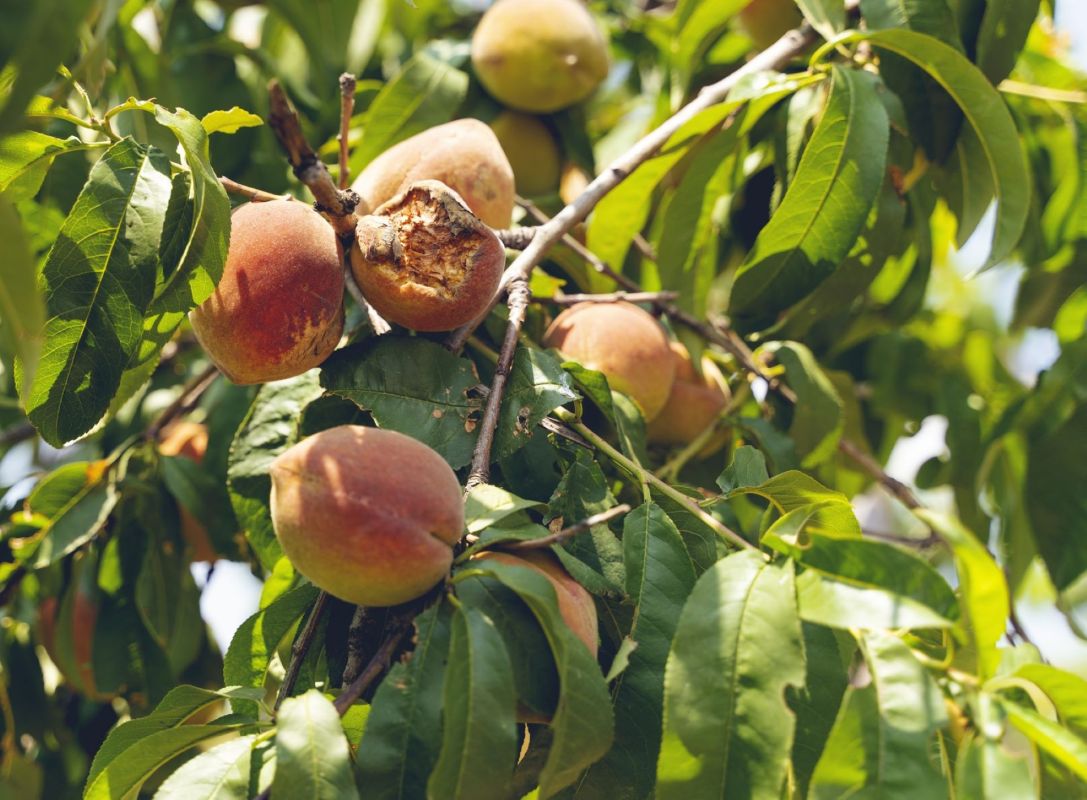Georgia is one of the nation's biggest peach producers. Georgia has been called "the Peach State," and the peach has been the official state fruit since 1995. But in 2023, the annual peach crop plummeted by 90%, from 130 million pounds to just 13 million, because of changing weather patterns, CBS News reports.
What's happening?
Fruit trees like peaches need to bloom in order to grow. Once the flowers are pollinated, the base of each one grows into a fruit.
As CBS News explains, Georgia peaches bloom only if they experience at least 850 hours at temperatures below 45 degrees Fahrenheit, called "chill hours," each year. However, the world is getting hotter, which means Georgia hasn't had many cold days. This year, the peach trees experienced only about 700 chill hours, so most didn't bloom.
Teresa Breckenridge, owner of the Silver Skillet restaurant in Atlanta, told CBS News, "I can't afford the peaches right now, and the ones that you would buy even if you could afford them, they're just not good."
Why is Georgia's failed peach crop concerning?
Georgia peaches are the latest in a series of crop failures caused by the Earth's rising temperatures. Drought in South America has raised the price of coffee, excess rainfall in California and drought in Spain have impacted olive production, and drying farmland in Texas has made cotton harder to buy.
As the world gets hotter and the weather becomes less stable, experts predict problems with many of the foods and other crops that humans rely on. Usable farmland is also getting rarer because of these changes.
If these patterns continue, shortages will become more common and many products will get more expensive. Some crops might be lost completely, impacting lifestyles and livelihoods worldwide.
What's being done about these dying crops?
Besides tackling our reliance on dirty energy sources, like coal, oil, and gas, which create the air pollution that has been raising Earth's temperature, scientists are hard at work on solutions for growing food in a hotter climate. Some have been looking for new crops that people can rely on, while others are trying to alter existing plants to make them more heat-resistant.
CBS News reports that a team at the University of Georgia is trying to breed peaches that can withstand the changing climate in the state.
Join our free newsletter for easy tips to save more, waste less, and help yourself while helping the planet.








